-
How Police Procedurals Are Different From Real Police Work
Police procedurals are the most popular subgenre of story worldwide. We have police procedurals such as The Wire, which has a dedicated and enthusiastic fanbase of those who like mimesis in their fiction, but the fact is, cinéma vérité is pretty hard to follow if you’re trying to just relax and enjoy. Of course the […]
-
Broadchurch Pilot Episode TV Writing
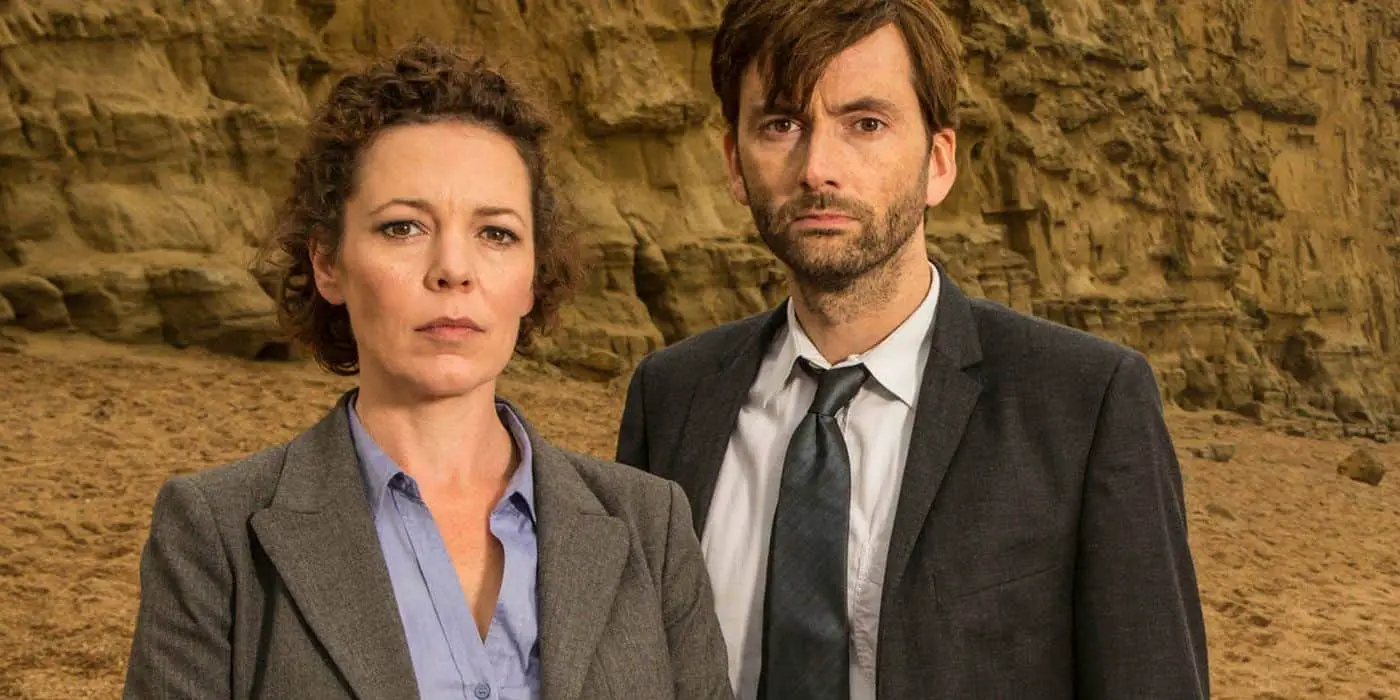
Broadchurch is a TV murder mystery in which a village is a miniature for society. As one reviewer points out, “the death which happens at the beginning incites all sorts of unexpected human behaviour, with repercussions all around the town. Initially the show seems to be making the banal point that the residents of this […]
-
An Affair Of The Heart by Frank Sargeson Analysis

“An Affair Of The Heart” is one of New Zealand author Frank Sargeson’s best-known short stories. Was Sargeson essentially misogynist? Frankly, I think not as there are positive women characters in some of his stories – including the wrenchingly sad one in An Affair of the Heart. But women-as-controlling-bitches is one recurrent motif. Review by […]
-
The Garden Party by Katherine Mansfield Short Story Analysis
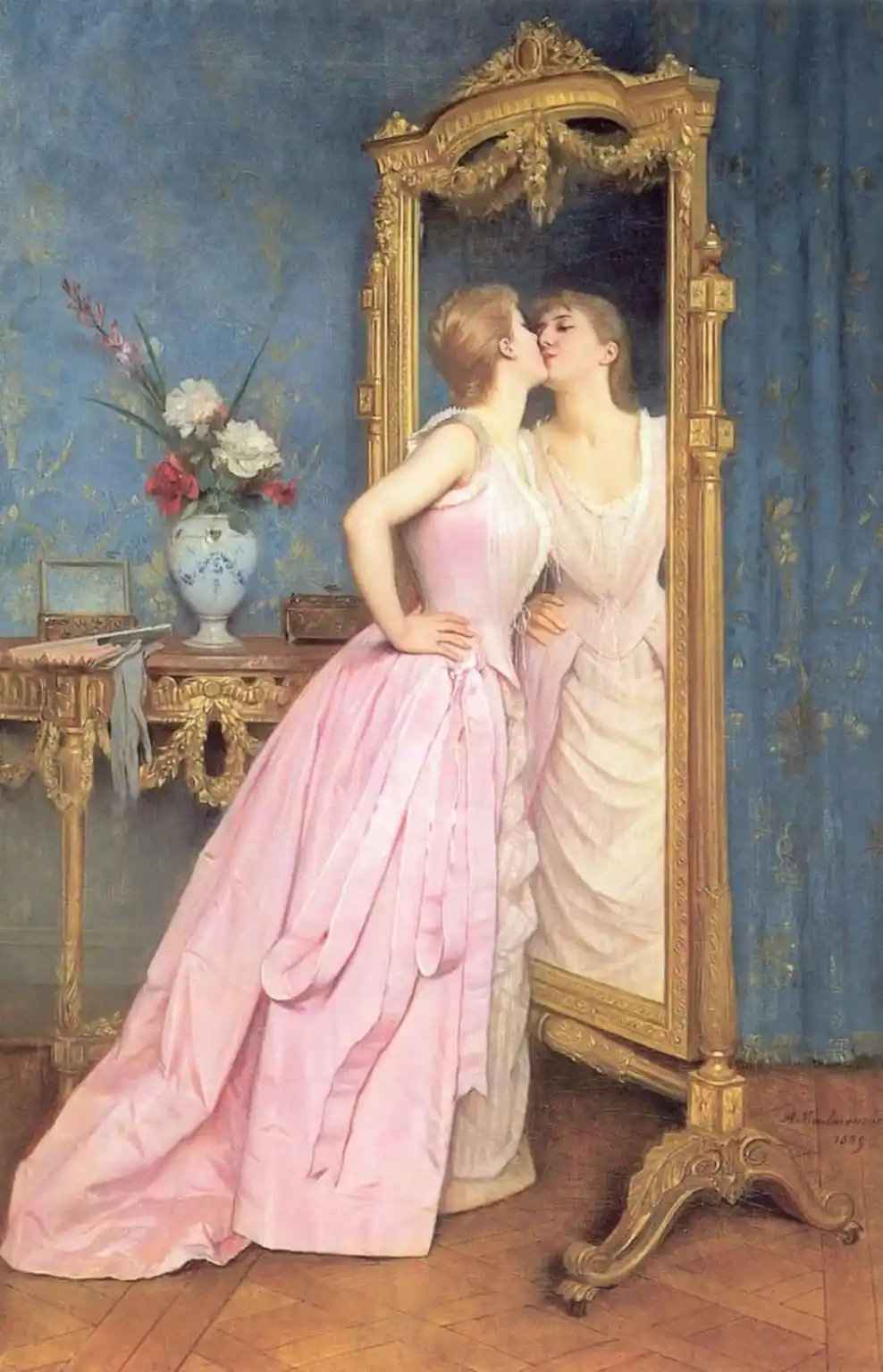
In March 1907 Katherine Mansfield’s mother, Annie Beauchamp, held a garden party at their residence, 75 Tinakori Road. On the same day, a poverty-stricken neighbour was killed in a street accident. Later, KM wrote a story about it.
-
Character Looks Into A Mirror Introduction
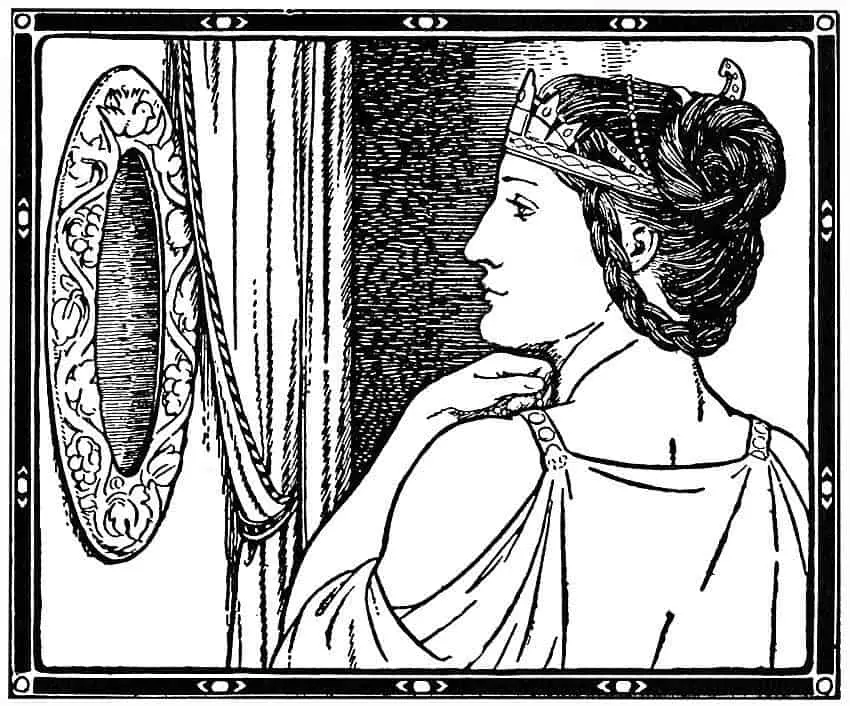
Before mirrors were invented, the earliest type of “mirror” used was nature – reflections in ponds, lakes and rivers when waters were calm enough to reveal a flat surface. But even then, we had never truly “seen” ourselves and, because of this, we had a very different concept of who we were. In his book Millennium: From Religion […]
-
Doppelgangers, Twins and Changelings In Fiction
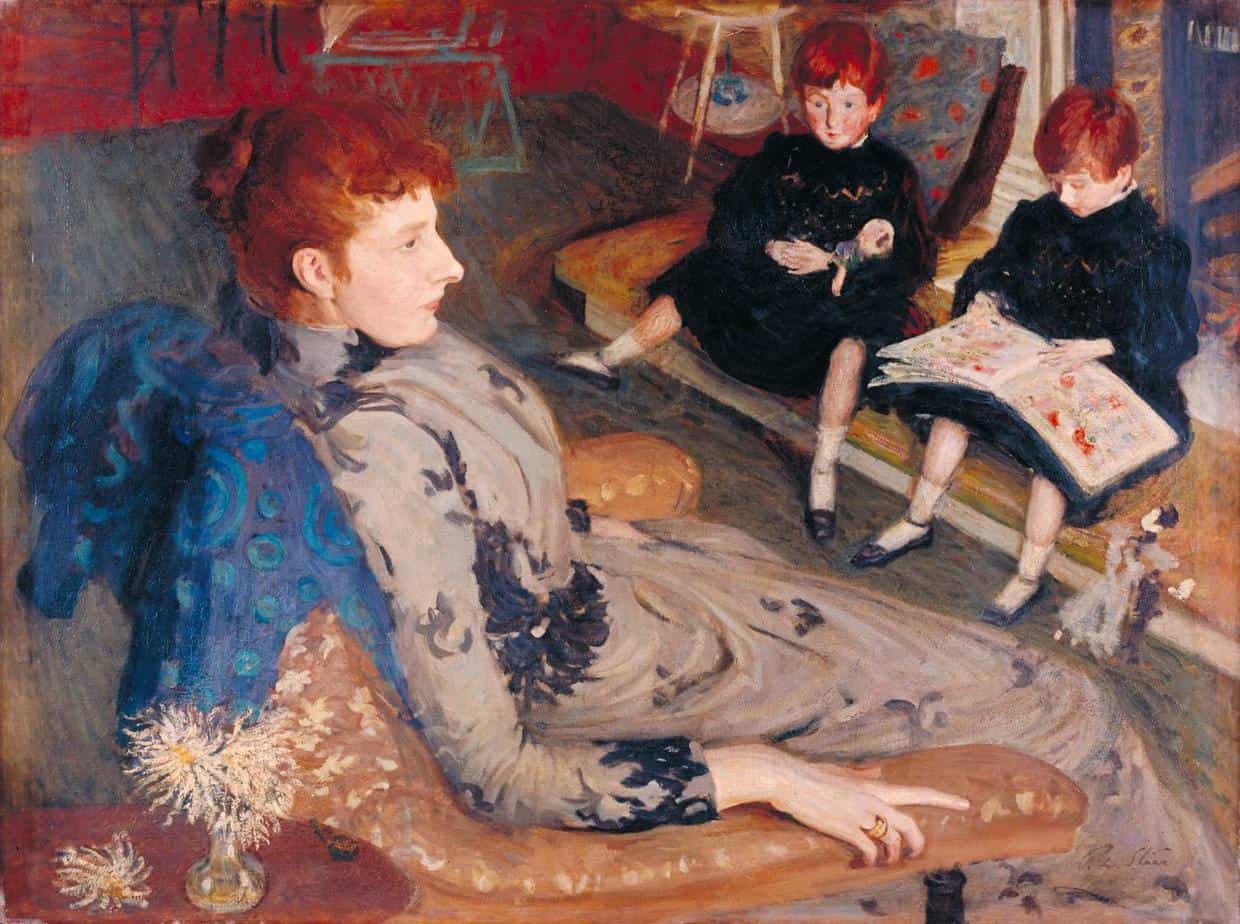
A doppelganger is an apparition or double of a living person. It comes from German, and translates literally from ‘double walker’.
-
The Magic Porridge Pot And Famine
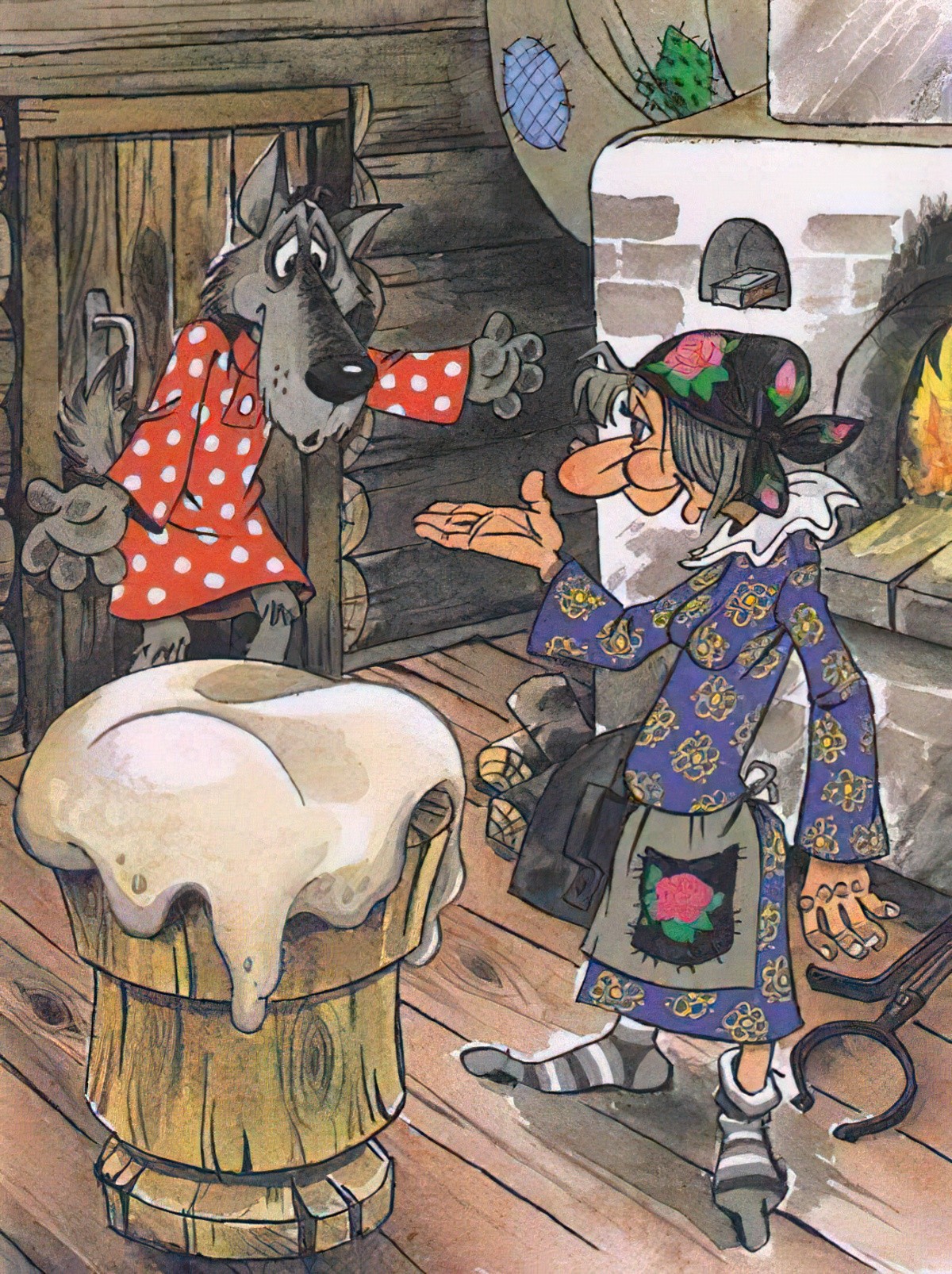
The Magic Porridge Pot is also known as Sweet Porridge and goes by various similar titles. This is a fairytale borne of famine.
-
The Trickster Archetype In Storytelling
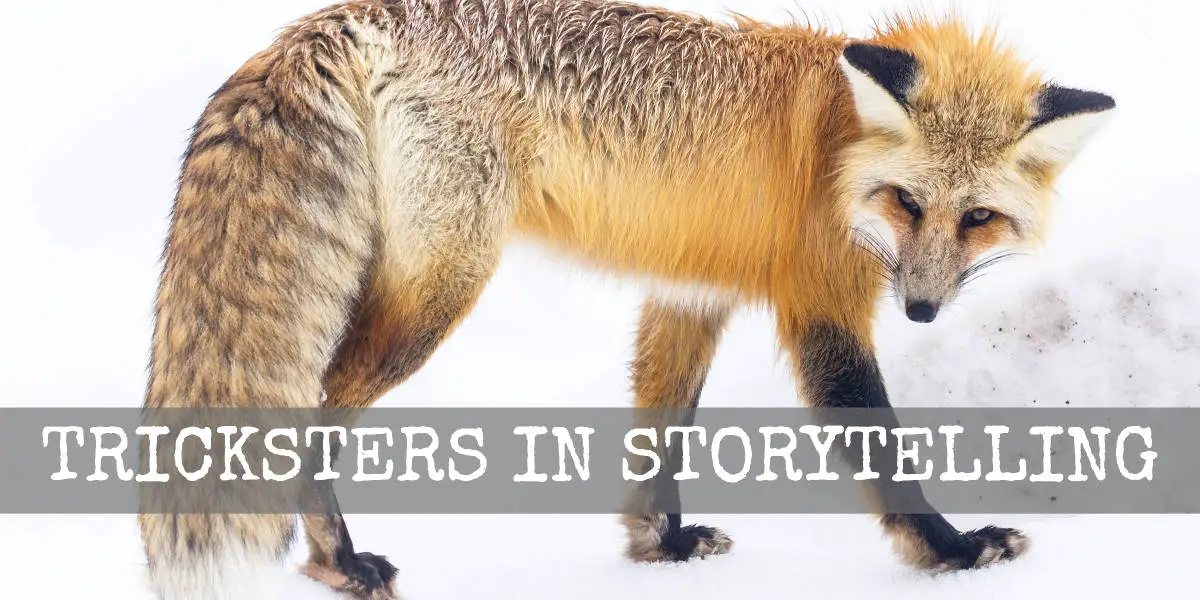
Tricksters are characters who make secret plans to get away with stuff and to get what they want. Most characters in children’s literature have an element of trickster about them, but this archetype is found frequently across the history of storytelling. In any negotiation, the one who lays out their position first usually loses because […]
-
The Symbolism Of Altitude: Clifftops, Mountains and Roofs
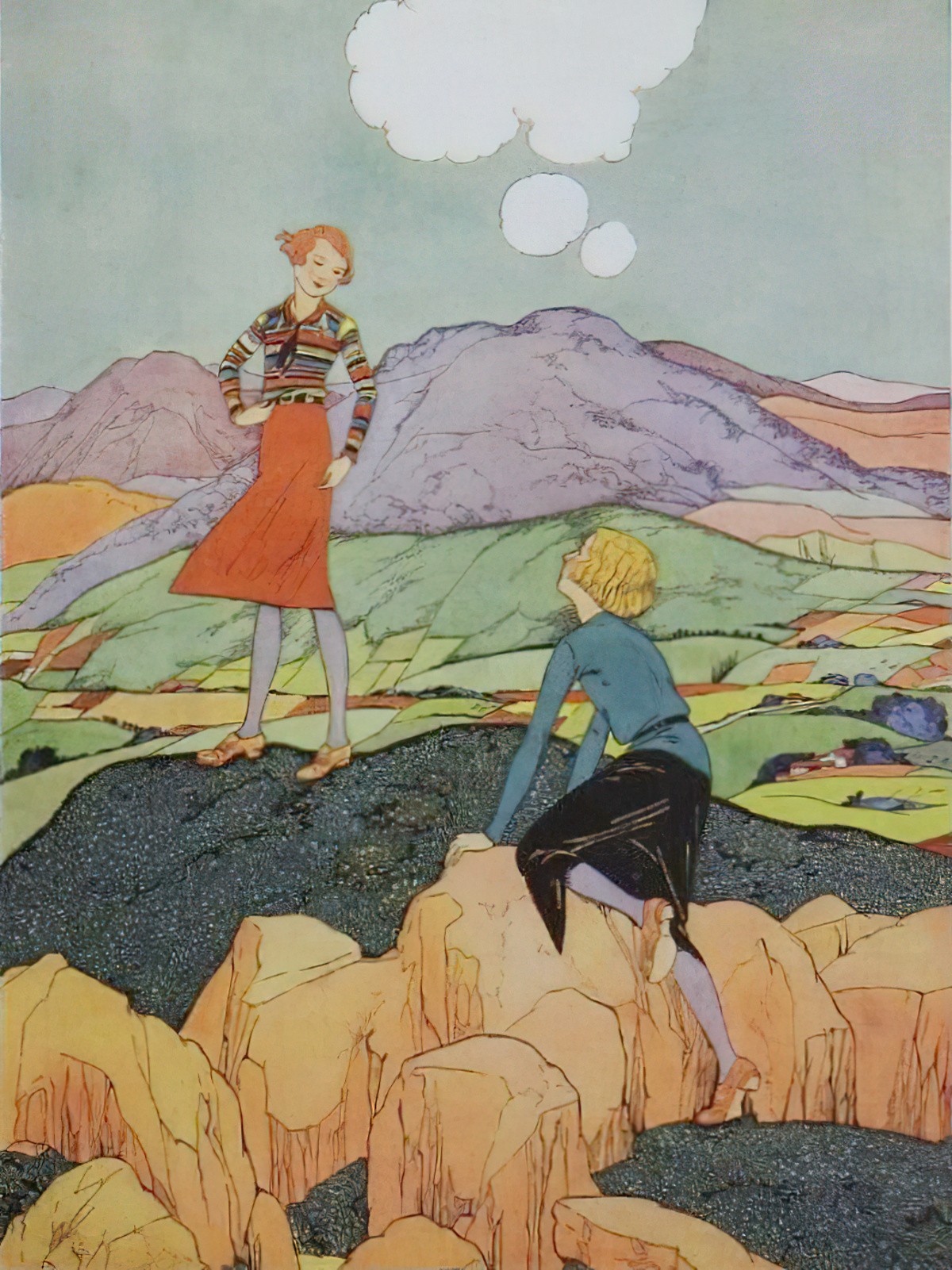
Hills and valleys, cliffs, mountains — altitude in story is highly symbolic. When creating a story, remember to vary the altitude as much as you’d vary any other setting.
-
The Woodland Idyll In Art And Illustration
Pookie (1946) was my mother’s favourite series of picturebooks when she was very young, and she has a hardback copy held together with yellowed sticky tape. This one before me is a much later version, which has come out since in soft cover. I wonder if fairies will make a true comeback. The illustrations in […]
-
Menstruation In Fiction
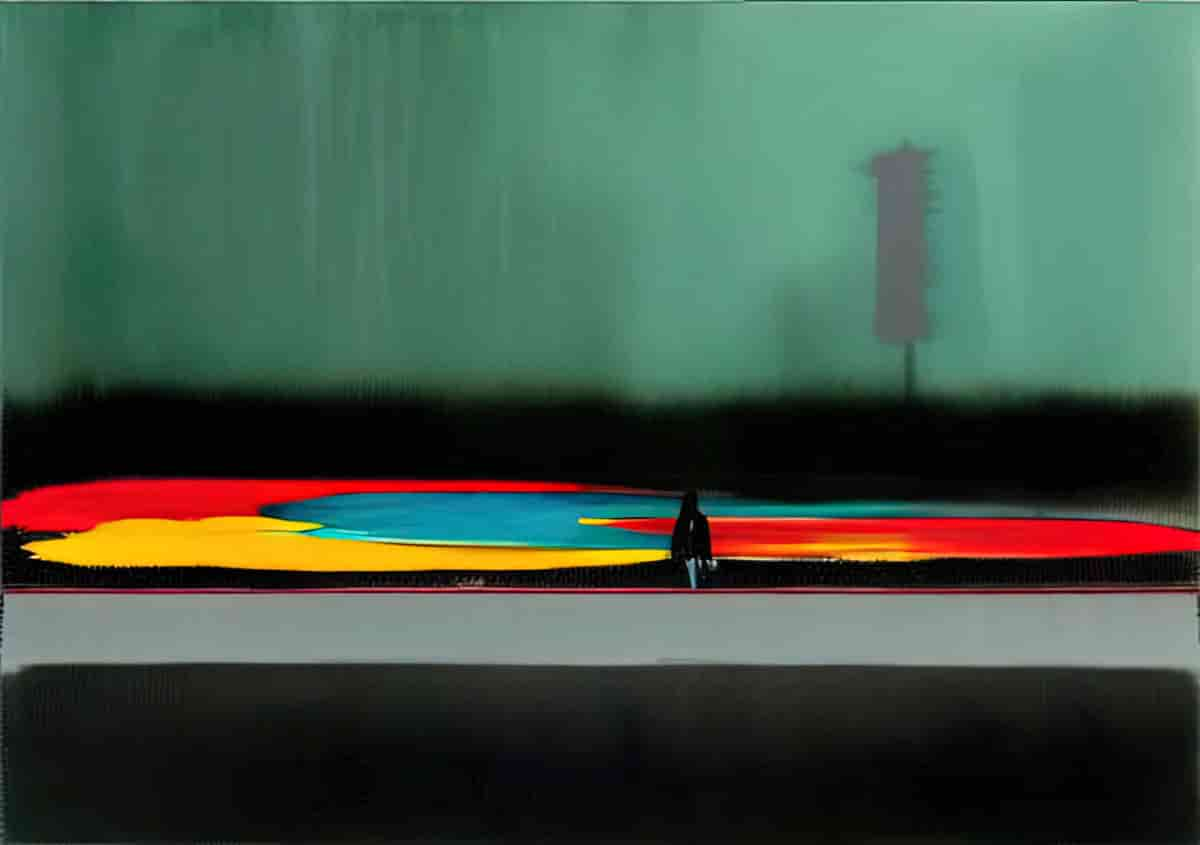
Menstruation is depicted rarely in fiction. Perhaps you are rattling off half a dozen stories which feature menstruation right now, hoping to prove me wrong. But when you consider the impact of menstruation on lives, and how frequently it occurs, menstruation is heavily underrepresented across storytelling. We need more of it. People going through female […]
-
Kitchens As Metonyms For Familial Happiness In Literature
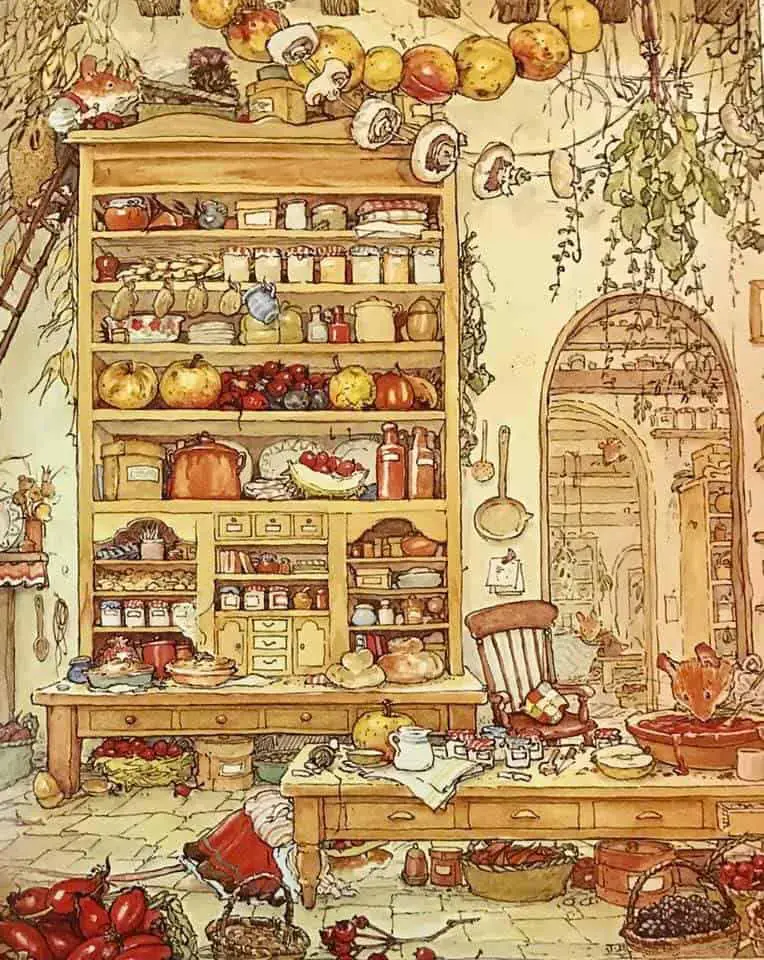
A warm, safe, lighted place.Hepzobah’s kitchen was always like that, and not only that evening. Coming I to it was like coming home on a bitter cold day to a bright, leaping fire. It was like the smell of bacon when you were hungry, loving arms when you were lonely; safety when you were scared…. […]
-
Symbolic Names In Storytelling
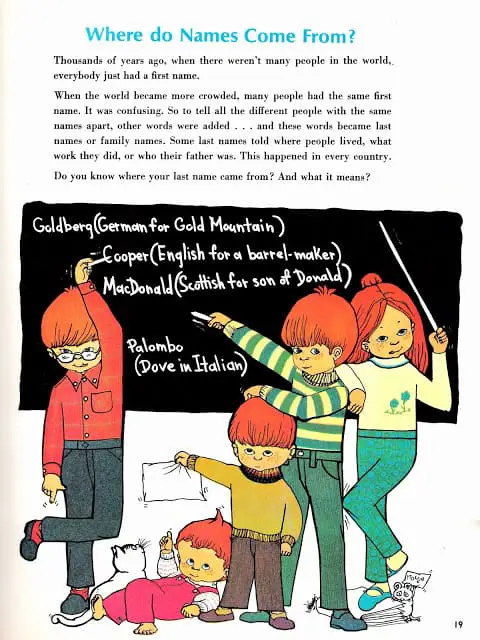
Generally speaking, a lot of thought goes into choosing character names. Sometimes a name is chosen because it is appropriate to the age of the character, culture and era. Sometimes the name is aesthetically pleasing. Sometimes the name is symbolic.
-
Witches In Children’s Literature
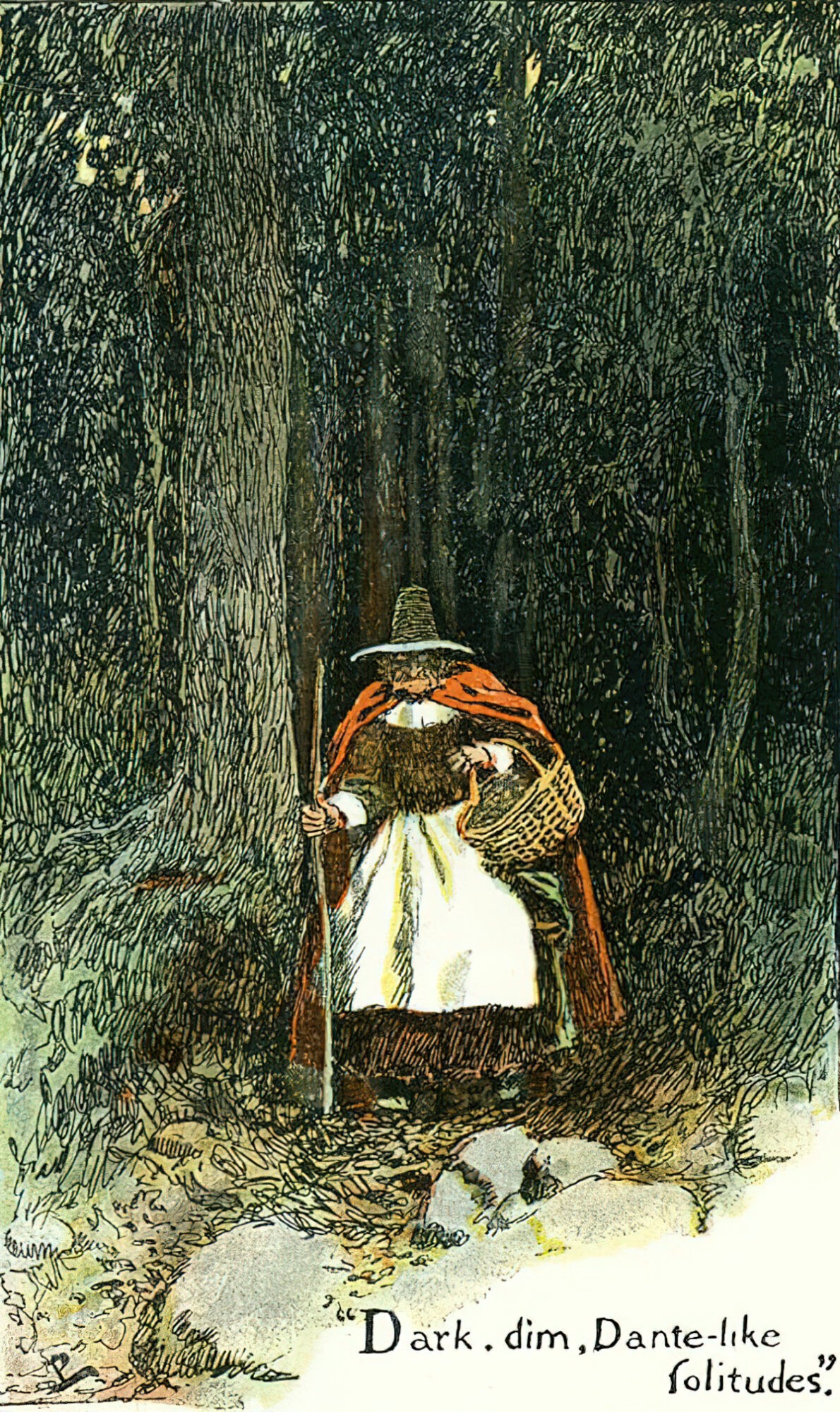
The Weirdness Of Using Witches In Modern Entertainment Witches are female equivalent of storybook pirates in that the character is based on something very real and disturbing. I’d like to append ‘in our past’ but very disturbingly, It’s 2013 And They’re Burning Witches. See also: Woman Brutally Murdered in Papua New Guinea After Being Accused of Sorcery, from […]
-
Pathetic Fallacy: Not actually an insult
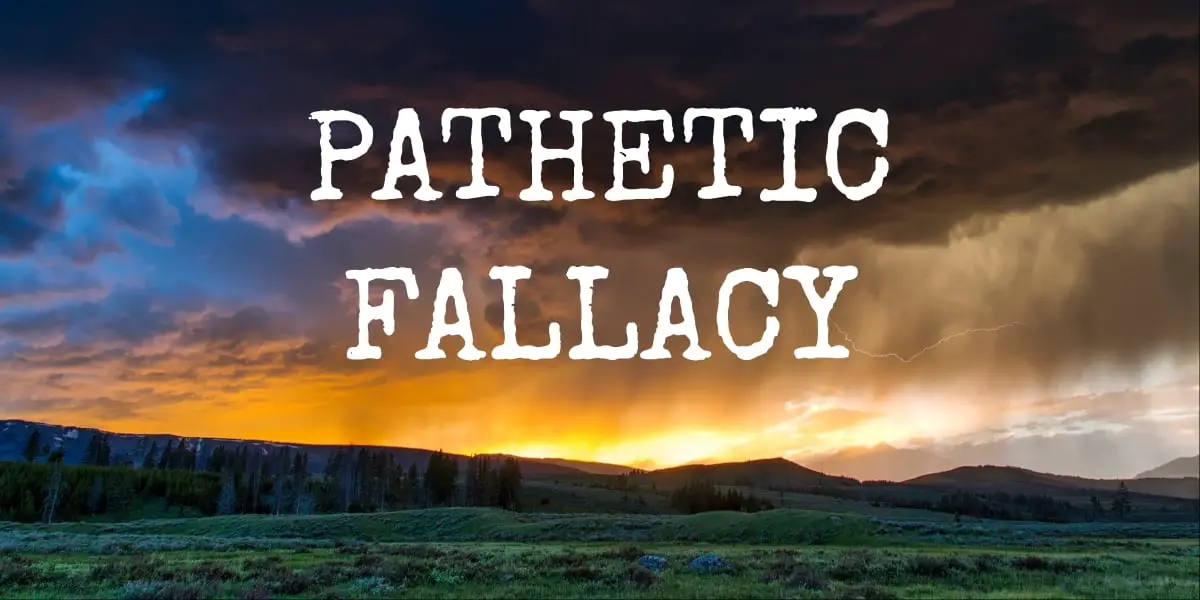
What is pathetic fallacy? Pathetic fallacy is a poetic device where, for the purpose of creating symbolic value or another higher-order creative expression, we attribute human emotions to items which don’t feel emotions. Edit Torrent A Short History of Pathetic Fallacy The term ‘pathetic fallacy’ was coined in 1856 by a man called John Ruskin (an art […]